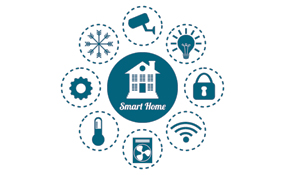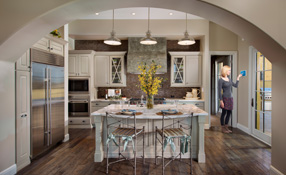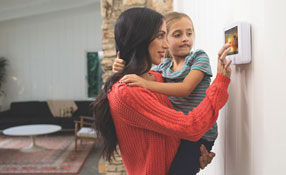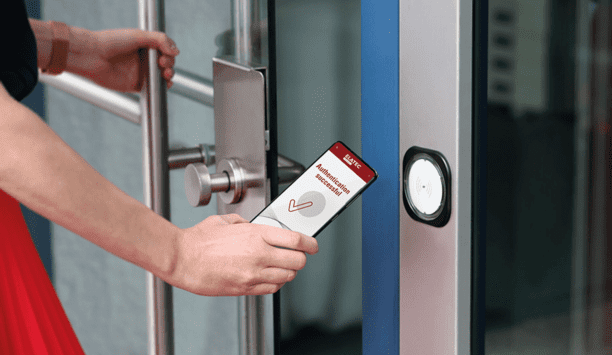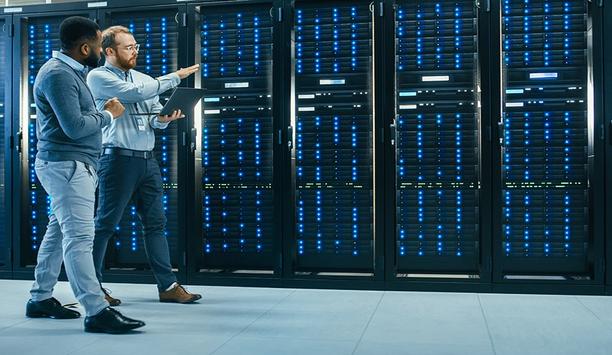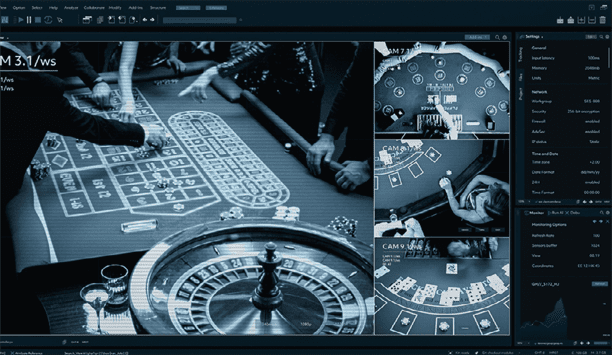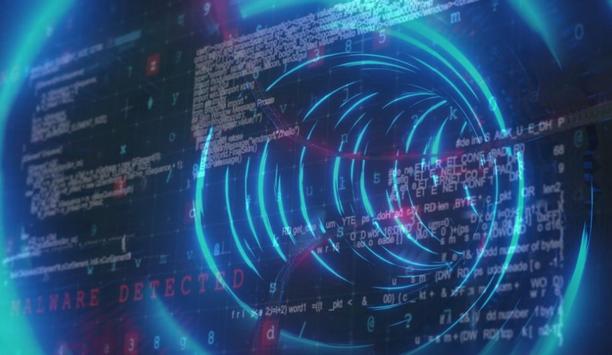Joe Albaugh

Joe Albaugh
Chief Security Officer, Vivint Inc.As Chief Security Officer, Albaugh directs the security strategies and initiatives across all areas of Vivint. Albaugh has 20 years of experience in the industry with past positions including chief information security officer for three large, critical infrastructure agencies of the U.S. government.
News mentions
Small-timers with big ideas can always make their way into the industry In recent years, home automation technology has given birth to the “Smart Home” in which internet...
Many security dealers and installers are expanding their offerings to include home automation equipment The growth of home automation and “smart home” technology has cre...
Cybersecurity is an ongoing concern in the realm of home automation and security systems. Joe Albaugh brought a unique perspective to the subject in July when he became Chief Security Officer (CSO) of...
